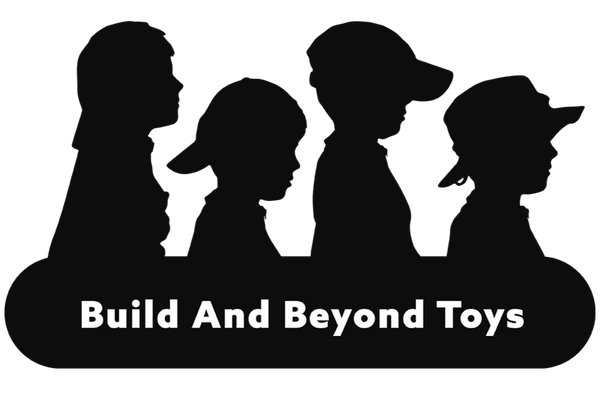Introduction
Poland's history is a testament to the resilience and determination of its people. From the dark days of World War II to the dawn of freedom in the late 20th century, Poland's journey has been one of struggle, resistance, and ultimately, triumph. For enthusiasts of history, culture, and even toys, this narrative is a fascinating dive into a nation's past.
World War II: A Time of Struggle
Poland's history during World War II is a tale of resistance. The Polish people were the first to experience the brutality of Nazi Germany when the war broke out in 1939. The country was divided between Germany and the Soviet Union, leading to widespread persecution and the near annihilation of the Jewish population during the Holocaust.
Despite the horrors, the Poles resisted. The Warsaw Uprising in 1944, though ultimately unsuccessful, was a significant demonstration of Polish courage and defiance. It remains a poignant symbol of Poland's spirit.
Post-War Poland: Under Soviet Influence
After the war, Poland found itself under the influence of the Soviet Union. The Yalta Conference in 1945 saw the Allies agreeing to Soviet control over Eastern Europe, including Poland. This led to the establishment of a communist government, marking the start of a new era for the country.
During this time, Poland underwent significant changes. Land reforms, industrialization, and the suppression of political dissent were all part of the Soviet agenda. Despite these challenges, the Polish spirit of resistance remained, with numerous uprisings and protests the communist regime.
Key Figures: Lech Walesa and the Solidarity Movement
The fight for freedom in Poland is synonymous with the name Lech Walesa. A shipyard electrician turned political leader, Walesa co-founded the Solidarity movement in 1980. This trade union became a symbol of resistance against the communist regime, leading to a decade-long struggle for political reform.
The Solidarity movement, represented in various forms including action figures and collectibles, played a crucial role in the eventual collapse of communism in Poland.
Poland's Path to Freedom
The roundtable talks between the government and the Solidarity movement in 1989 marked the beginning of the end for communism in Poland. In June of that year, partially free elections were held, leading to a non-communist government for the first time since the war.
Poland officially became a democratic country in 1991, marking the end of over four decades of communist rule. This transition to democracy, often commemorated through historical toys and memorabilia, was a significant milestone in Poland's history.
Conclusion
From the trials of World War II to the triumph of democracy, Poland's history is a story of resilience and determination. Today, Poland stands as a testament to the power of resistance and the enduring spirit of its people. The journey of this nation, captured in historical toys and collectibles, serves as a powerful reminder of the strength of the human spirit in the face of adversity.
Whether you're a history enthusiast, a collector of historical toys, or simply curious about the world, exploring Poland's past is a journey worth embarking on.
We hope you enjoyed our latest Blog. Please visit BuildandBeyondToys.com to discover a range of WWII collectibles that bring history to life.

